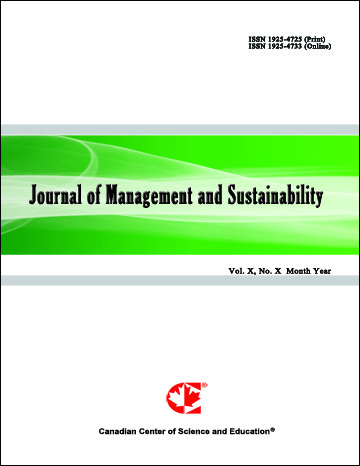The Restrictive Impact of Foreign Aid on Education, Healthcare, and Economic Growth: Exploring the Pragmatic Benefits of Artificial Intelligence
- Bongs Lainjo
Abstract
Foreign aid is often used to finance the third world’s education, health, and microenterprise programs. However, when it is put into practice, it has led to relevant dependence, cost inefficiency, and a lack of attention on local agendas. Conversely, AI is a responsible, culture-sensitive, and scalable approach to traditional aid modalities. This paper then discusses the flaws of foreign aid and calls for using AI as a sustainable solution to meet development goals in education, health, and economic growth. This work employed case studies and cross-sectional studies of AI utilization in different countries to emancipate its capability to assist communities, enhance independence, and push forward the United Nations Sustainable Development Goals (UN-SDGs). In particular, the results highlight the orientation to ethical, inclusion, and partnership approaches to ensure AI’s favorable developmental impact.
- Full Text:
 PDF
PDF
- DOI:10.5539/jms.v15n1p36
Journal Metrics
Google-based Impact Factor (2021): 1.54
h-index (July 2022): 37
i10-index (July 2022): 147
h5-index (2017-2021): 12
h5-median (2017-2021): 19
Index
- Academic Journals Database
- ANVUR (Italian National Agency for the Evaluation of Universities and Research Institutes)
- CAB Abstracts
- CNKI Scholar
- EconBiz
- Excellence in Research for Australia (ERA)
- GETIT@YALE (Yale University Library)
- Harvard Library
- HeinOnline
- Infotrieve
- JournalTOCs
- LOCKSS
- MIAR
- PKP Open Archives Harvester
- RePEc
- Scilit
- SHERPA/RoMEO
- Stanford Libraries
- UCR Library
Contact
- Evelyn XiaoEditorial Assistant
- jms@ccsenet.org
